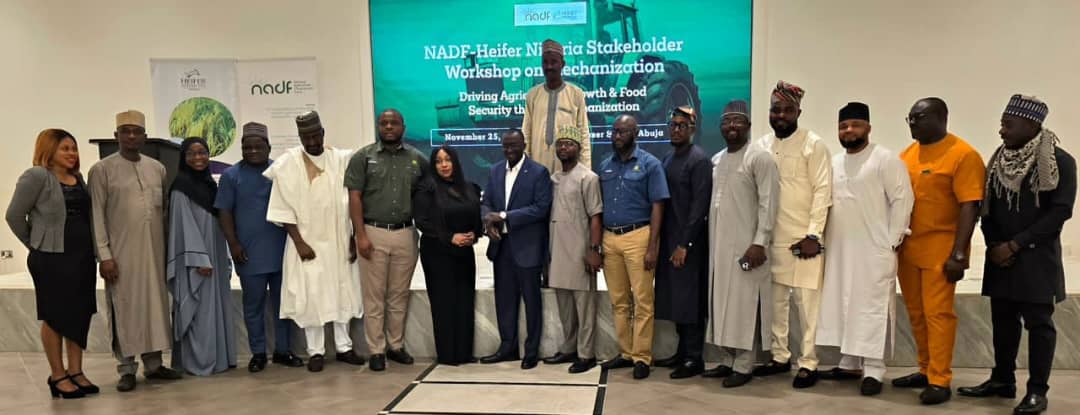400 total views today
The Federal Executive Council has approved the commencement of the various activities that constitute the Nigeria Education Repository and Databank (NERD) programme sequel to the fulfilment of due process.
This is contained in the Declaration of Effectiveness signed by Dr Tunji Alausa, the Minister of Education.
According to Alausa, the Declaration provides clarity on the NERD Programme which has been set up as a national technology tool.
He added that it is jointly owned by all post-secondary schools and tertiary institutions in Nigeria and their regulatory agencies such as the National University Commission, the National Board for Technical Education, and the National Commission for Colleges of Education as well as the National Library of Nigeria in collaboration with the private sector.
The NERD Programme is a product of rigorous stakeholders’ engagement and is applicable to all education delivery schools or institutions within the higher education spectrum in Nigeria regardless of ownership type, whether public, private, civilian or military.
The programme applies in equal measure to institutes with charters of the National Assembly, schools or colleges of nursing, schools or colleges of agriculture and other education delivery post-secondary schools notwithstanding whether they are under or outside the supervision of the federal or state Ministry of Education.
The Declaration emphasised that the nation is deliberately pivoting away from hitherto reliance and dependence on products and foreign businesses and organisations in the storage, preservation, archiving, administration, and verification of her academic records, education data, and body of knowledge.
The NERD Programme is to “mitigate these in the overriding national interest and strategic national security concerns as well as end capital flight from previous dependence upon foreign products and services in education data management”.
According to the Minister, apart from the module that makes the deposit of a final academic report into a central national database an obligatory requirement for a student in any accredited school nationwide after a mandatory anti-plagiarism check, a major reform tool in the NERD Programme is the introduction of a National Credential Number (NCN) and a frame QR code which is now to be affixed unobtrusively on every result, certificate, diploma, or transcript emanating from any accredited post-secondary school and tertiary institution in Nigeria, a tool to make each credential instantly verifiable.
The NCN is to be administered under the National Credential Verification Service (NCVS) of the NERD Programme in line with the approved National Policy on NERD with revenues reverting to each institution.
Another significant new service is the requirement for onboarding of all successfully admitted students post-JAMB into the National Students’ Clearing House of the NERD system for the administration of the National Student Number, a requirement that will create a yearly national academic digital footprint to measure the progress of each scholar through school years being an intentional provision designed to frustrate ‘arrangee’ degrees and diplomas and make national planning detailed and more accurate.
In the Declaration, Alausa announced the decisive launch of the NCVS as a systemic quality assurance check nationwide to curtail academic fraud which threatens the integrity of the education sector due to the activities of merchants of fake degrees, qualification fraud, phoney certificates, as well as bogus unearned honours from unaccredited institutions and diploma mills.
Alausa added that other new national services that have been approved as part of the project’s full business case include the establishment of the National Repository of Knowledge for the mandatory deposit of all final year project reports, thesis, dissertations and yearly term papers.
Others are the establishment of the National Credential Verification Centre as the national flagship in the deployment of technology in the elimination of qualification fraud instantiated by fake certificates, results, and transcripts, and the approval of Offtaker’s Monetisation Rewards (OMR) for students and lecturers based on data mining activities relating to their publications.
Also, the Minister stated that “having observed the increasing financial challenges of publications in High Impact journals with the attendant capital flights, the Federal Executive Council, as a deliberate mitigation strategy, has approved that the NERD system will, in addition, create, host, and administer official special databases of NERD-indexed-journals which shall employ experienced reviewers locally and internationally.
“(This is) in order to serve as a credible national equivalent to journal indexes like China National Knowledge Infrastructure (CNKI), Indonesia Garuda Indexing, SCImago, SCOPUS, etc.”
Alausa added that “NERD-indexed-journals are now designated by the Federal Government of Nigeria as Special National Indexes of Academic Publications (SNIAP) available to willing Nigerian academics and promoters of institutional journals and shall be acceptable for promotion and research/academic career advancement purposes and peerage privileges presently associated with their foreign equivalents such as SCOPUS, SCImago, etc across all tertiary institutions in Nigeria.”
The Minister explained that the Nigeria Education Databank branded as the NERD was a national flagship, an electronic platform and a one-stop-shop for the national management, administration, and preservation of education data, records, documents and audio-visual assets that is poised to address specific challenges in the education sector.
He clarified that NERD has been deliberately designed to establish a no-conflict framework aimed at striking a patriotic balance between tertiary institutions’ legitimate autonomy and the overriding strategic national interest.
Meanwhile, as part of measures to ensure the smooth implementation of the project, the Federal Executive Council has constituted a Governing Council for the Nigeria Education Repository and Databank with the Minister of Education as Chairman.
Other members of the Council include the Permanent Secretary of the Federal Ministry of Education, the Executive Secretaries of the NUC, NBTE, and NCCE, and the National Librarian and Chief Executive of the National Library of Nigeria.
Also on the Council are the Chairmen/Chairpersons of the Association or Committee of Vice Chancellors of Nigerian Universities, Association or Committee of Rectors of Nigerian Polytechnics, and Association or Committee of Provosts of Nigerian Colleges of Education.
Other members of the Council are the Chief Executive of the Nigeria Data Protection Commission in the Federal Ministry of Communication and Digital Economy, the Chief Executive of the National Education Repository and Databank Limited, and the Secretary of the NERD Limited.
The Minister acknowledged the challenges ahead, saying “with a new system or technology comes a learning curve and an extensive need for change management, but rest assured, we are committed to providing comprehensive training and support to our educators.
“The NERD project will make substantial impacts on the ways we do things. It shall be transformative and promote a quality education ecosystem. The public is enjoined to embrace this transformation with an open heart and a sense of adventure, for it is our collective dedication and adaptability that will lead us to success.
“By this proclamation, the National Education Repository and Databank (NERD) system is now effective throughout Nigeria from the 4th of February 2025 being the date of approval by the Federal Executive Council,” he said.
Pursuant to Article 6.1.22 of the National Policy on the NERD, the directives of the Federal Executive Council are to be communicated to all Governing Councils and tertiary institutions’ managements by the NUC, NBTE, and NCCE.
It will be recalled that the Federal Executive Council had in 2023 approved the establishment of the NERD and the National Policy for its implementation and operation while a meeting of stakeholders from across the nation’s universities, polytechnics, colleges of education and other key sectors was held on the Nov. 21, 2023.
President Bola Tinubu is said to have directed the retention of copyright in favour of the original author and that the project must support a reward mechanism for academics, especially as he is desirous of leading the nation to attain commercial dominance in education data management across Africa.
This, the president said, was to position the country for the global electronic document management market estimated to reach USD 9.85 billion by 2027.
The NERD Programme is to be fully financed by the private sector to the tune of sixty-eight million, eight hundred thousand dollars.(NAN)
Edited by Ismail Abdulaziz




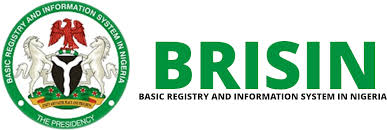

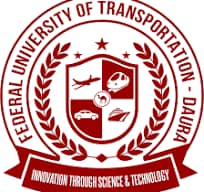

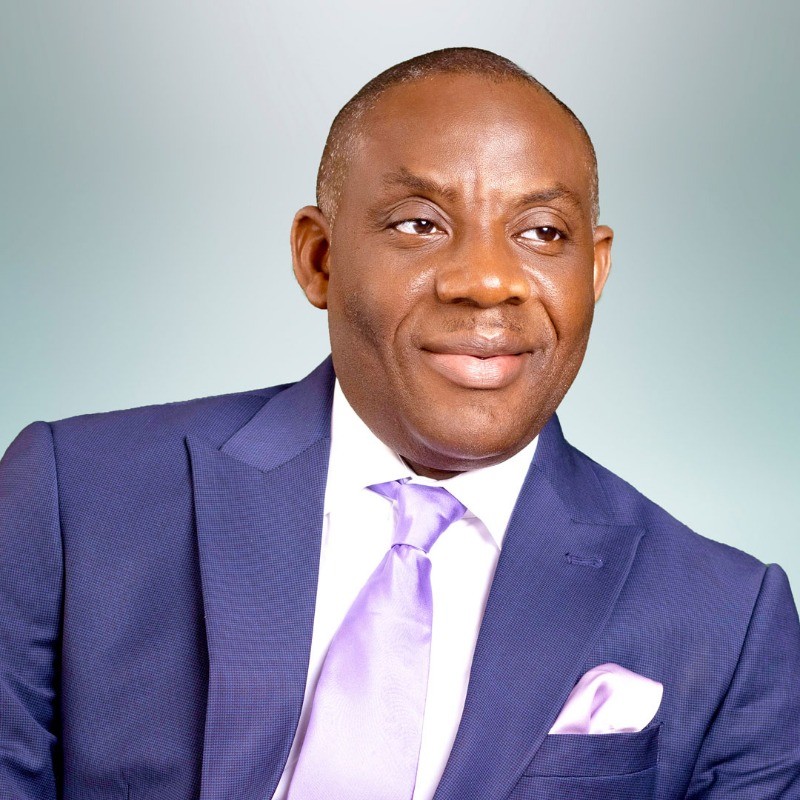
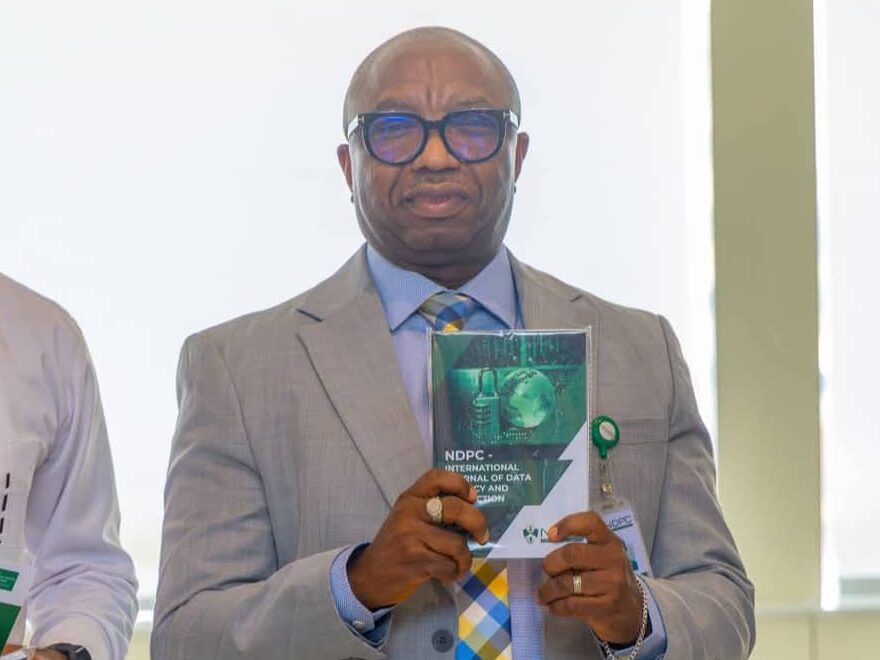
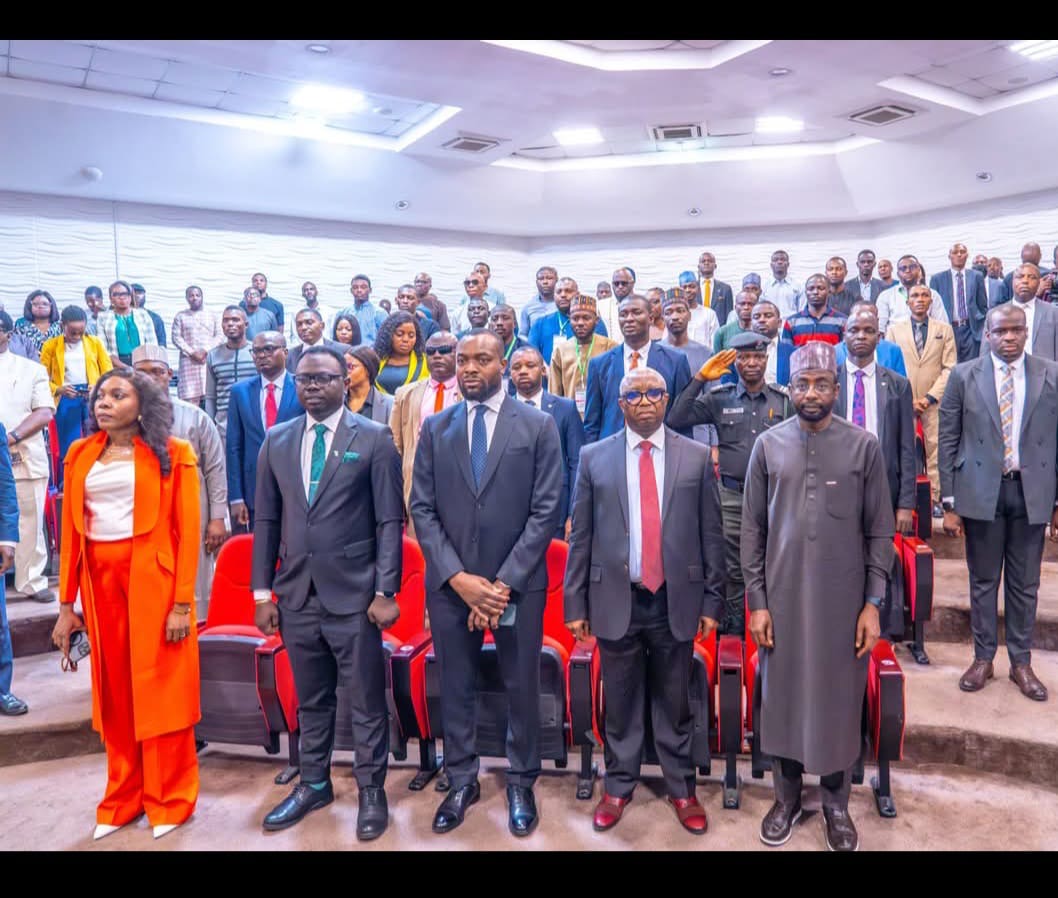

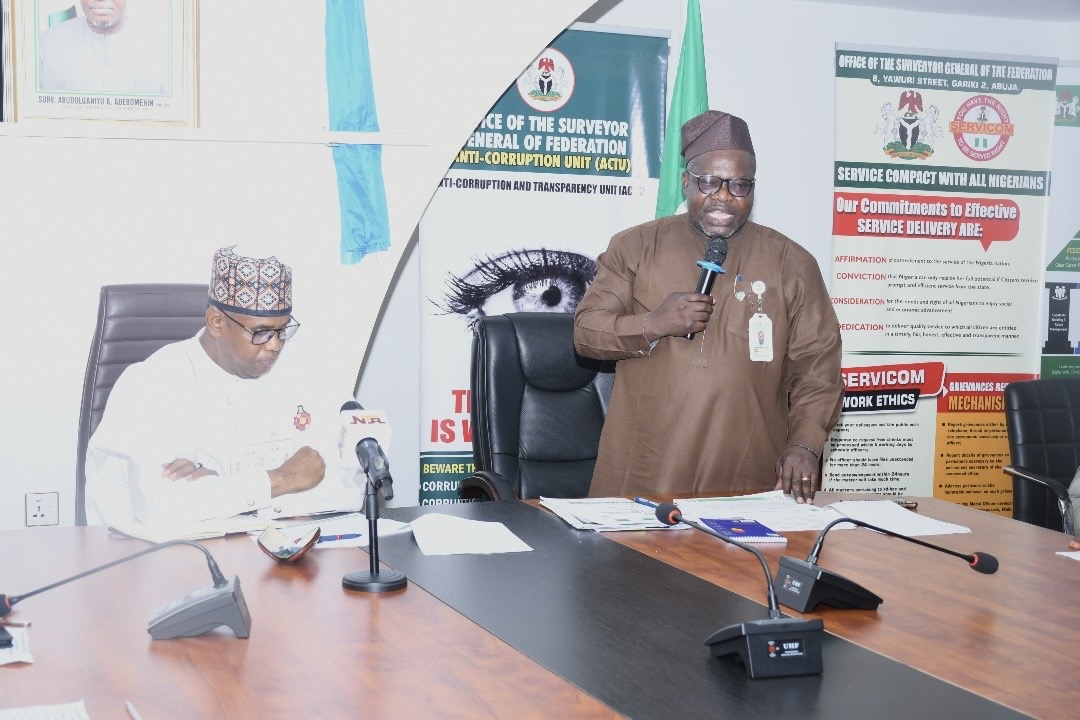
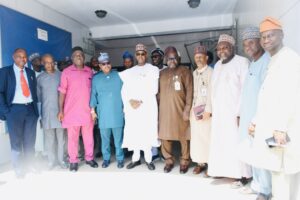 Goronyo also called for increased support for the Office of the Surveyor-General to enable it to effectively fulfil its mandate.
Goronyo also called for increased support for the Office of the Surveyor-General to enable it to effectively fulfil its mandate. 